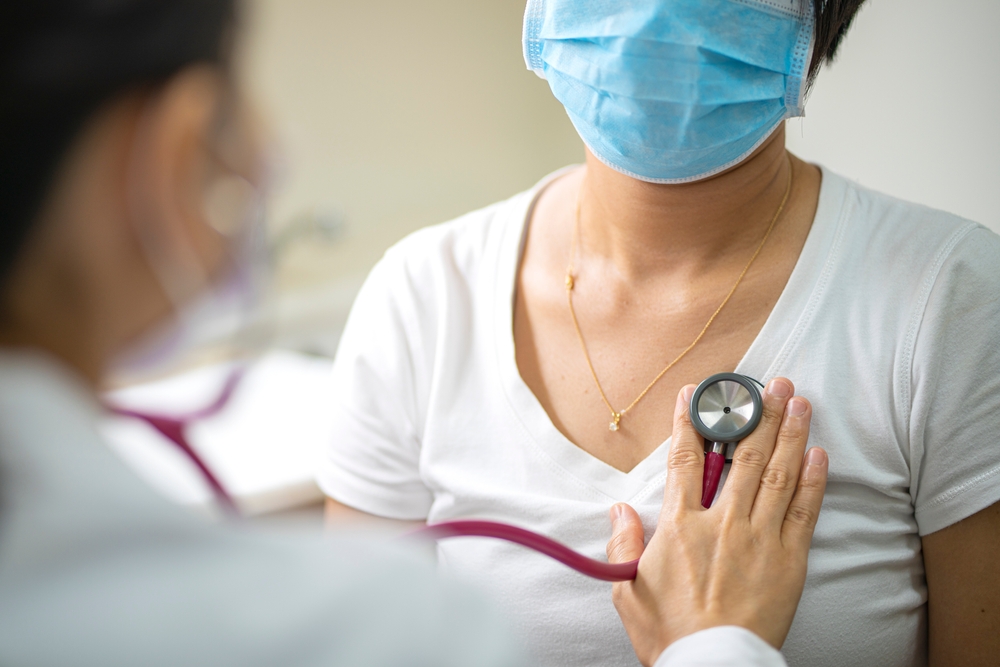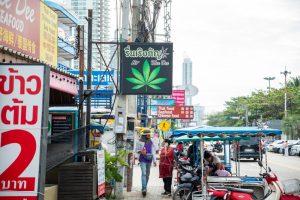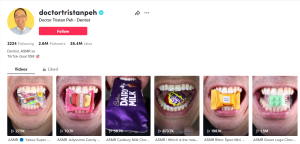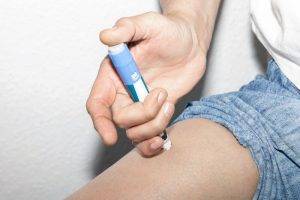Pneumonia is a respiratory infection that can impact people of all ages, particularly individuals with weakened immune systems, young children, and the elderly.
It is a leading cause of hospitalisation and death worldwide, and its prevalence is also rising in Singapore. However, the risks and complications associated with pneumonia can be mitigated by getting vaccinated. In this article, we’ll explore the types of pneumonia, its incidence in Singapore, and how vaccination can protect you and your loved ones from this potentially deadly infection.
Types of Pneumonia
Pneumonia, which stems from a lung infection, can be bacterial, fungal, or viral in nature. The treatment for pneumonia varies depending on the type:
Bacterial pneumonia: Typically treated with antibiotics
Fungal pneumonia: Treated with antifungal medication
Viral pneumonia: Treated with antiviral medication, but can be severe and harder to treat
Symptoms of pneumonia may include:
- Cough
- Fever
- Chest pains
- Difficulty breathing
- In severe cases, pneumonia may also lead to respiratory failure, sepsis, or death.
Incidence of Pneumonia in Singapore
Pneumonia is a significant health concern in Singapore, with an estimated 3,500 hospital admissions for pneumonia each year. The following groups are at the highest risk:
Elderly people: Up to 10% mortality rate among those over the age of 65 who are hospitalised with pneumonia
Children under the age of five: 10% of pneumonia-related deaths in Singapore occur in this age group
Individuals with chronic medical conditions: Such as diabetes, heart disease, or lung diseases like emphysema or chronic obstructive pulmonary disease (COPD)
Heavy drinkers, smokers, and people with other comorbidities
Vaccination as Protection
The pneumococcal vaccine is the most effective way to protect against the most common bacteria that cause pneumonia. In Singapore, the pneumococcal vaccine is recommended for:
- All children under the age of two
- Adults over the age of 65
- Those with pre-existing medical conditions, such as heart disease or diabetes
- Getting vaccinated against pneumonia is both easy and accessible in Singapore. The pneumococcal vaccine is available at most polyclinics as well as private healthcare clinics. While the vaccine might not make everyone immune to pneumonia, vaccinated individuals who are infected may experience milder symptoms.
Types of Pneumonia Vaccines
There are two types of pneumonia vaccines that protect against various types of the infection:
PCV13: Offers protection from 13 of the most severe forms of bacteria that may cause pneumonia
PPSV23: Offers protection against a further 23 forms of bacteria that may cause pneumonia
Healthcare professionals recommend individuals receive both pneumonia vaccines, administering PCV13 first and PPSV23 at least a year later. You can get the initial pneumonia vaccine at any time of the year.
Possible Side Effects of Pneumonia Vaccines
Some side effects associated with the pneumonia vaccine include:
- Swelling or tenderness at the injection site
- Loss of appetite
- Sore muscles
- Mild fever
With the rising prevalence of pneumonia in Singapore and its ageing population, it is necessary to take steps to protect yourself against this infection. Vaccination is a safe and effective way to reduce the risk of pneumonia and its related complications.
Reducing the Risk of Pneumonia
In addition to getting vaccinated, there are other preventive measures you can take to minimise the risk of pneumonia:
- Practice good hygiene: Wash your hands frequently with soap and water, or use hand sanitiser when soap and water are unavailable. This can help prevent the spread of germs that cause pneumonia.
- Quit smoking: Smoking damages your lungs and weakens your immune system, making you more susceptible to pneumonia.
- Limit alcohol consumption: Excessive alcohol intake can impair your immune system and increase the risk of pneumonia.
- Maintain a healthy lifestyle: Eat a balanced diet, get regular exercise, and ensure adequate sleep to keep your immune system strong and better equipped to fight infections.
- Be mindful of air quality: Avoid exposure to air pollution, as it can irritate the lungs and increase the risk of pneumonia.
- Keep up with routine healthcare visits: Regular check-ups and monitoring of chronic health conditions can help detect and manage potential risk factors for pneumonia.
- Receive other recommended vaccines: Besides the pneumococcal vaccine, make sure to stay up-to-date with other vaccines, such as the annual flu vaccine, which can help prevent secondary bacterial pneumonia after experiencing influenza.
Pneumonia can be a serious and life-threatening infection, particularly for vulnerable populations like the elderly, young children, and those with pre-existing health conditions.
By getting vaccinated and following the preventive measures mentioned above, you can significantly reduce your risk of pneumonia and its complications. Don’t wait until it’s too late – consult your healthcare provider and receive your vaccination today to safeguard yourself and your loved ones from this hazardous infection.














